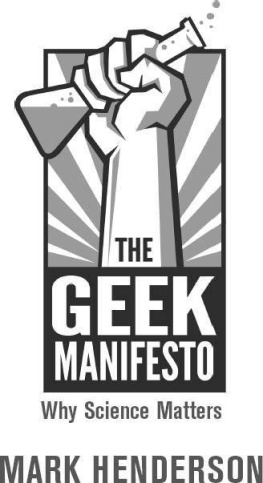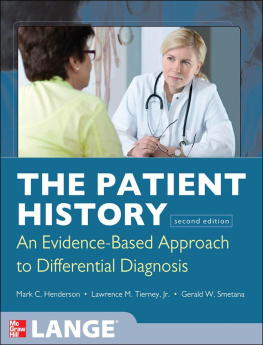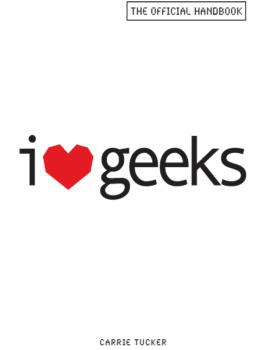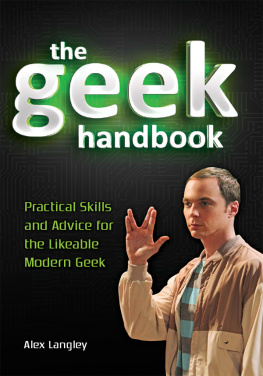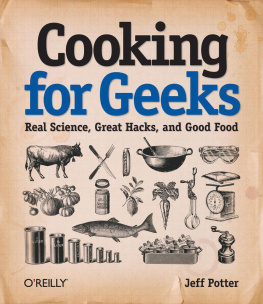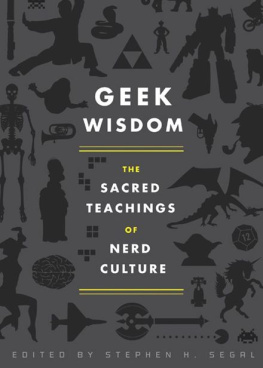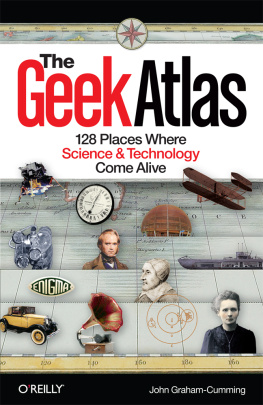About the Book
There has never been a better time to be a geek. What was once an insult used to marginalize the curious has become a badge of honour. People who care about science have stopped apologizing for their interests, and are gaining the political confidence to stand up for them instead.
The geeks are coming. And our world needs us.
Whether we want to improve education or cut crime, to enhance healthcare or generate clean energy, we need the experimental methods of science the best tool humanity has yet developed for working out what works. Yet from the way were governed to the news were fed by the media, were let down by a lack of understanding and respect for its insights and evidence.
Its time to stop the nonsense!
In The Geek Manifesto, Mark Henderson explains why and how we need to entrench scientific thinking more deeply into public life. What politicians think matters less than how they think. A new movement is gathering. Lets turn it into a force our leaders cannot ignore.
Contents
Why science matters to politics
Why science matters to government
Why science matters in the media
Why science matters to the economy
Why science matters to education
Why science matters in court
Why science matters in healthcare
Why science matters to the environment
For Niki and Anna
Weve arranged a global civilization in which most crucial elements transportation, communications, and all other industries; agriculture, medicine, education, entertainment, protecting the environment; even the key democratic institution of voting profoundly depend on science and technology. We have also arranged things so almost nobody understands science and technology. This is a prescription for disaster. We might get away with it for a while, but sooner or later this combustible mixture of ignorance and power is going to blow up in our faces.
Carl Sagan
A habit of basing convictions upon evidence, and of giving to them only that degree of certainty which the evidence warrants, would, if it became general, cure most of the ills from which this world is suffering.
Bertrand Russell
IT WAS CHIROPRACTIC awareness week. But the awareness Simon Singh was raising wasnt quite what the British Chiropractic Association had in mind.
You might think that modern chiropractors restrict themselves to treating back problems, the science writer declared in the Guardian on 19 April 2008, but in fact they still possess some quite wacky ideas. The British Chiropractic Association [BCA] claims that their members can help treat children with colic, sleeping and feeding problems, frequent ear infections, asthma and prolonged crying, even though there is not a jot of evidence. This organization is the respectable face of the chiropractic profession and yet it happily promotes bogus treatments.
The notion that cracking a little girls spine might cure her earache indeed sounds curious, but plenty of hypotheses that were once dismissed as wacky have been accepted as science on the back of sound data. The respectable face of chiropractic could thus have defended itself with respectable evidence. The BCA, which had none, chose another way to fight back. It sued Singh for libel.
That didnt look a bad idea at the time. Englands defamation laws are notoriously friendly to plaintiffs, who need not show that an alleged libel is false. The burden of proof lies on the defendant, who must demonstrate his assertion to be true, or a matter of fair comment. The legal costs involved are so steep, often running to hundreds of thousands of pounds, that even defendants who are sure of their facts can be cowed into submission for fear of bankruptcy. With the financial resources to sue, the BCA saw an opportunity to force one of Britains most vocal and effective critics of alternative medicine to eat his words.
The chiropractors, however, hadnt reckoned on the geeks.
It was an easy mistake to make. People with a passion for science and the critical thinking on which it is founded have never been particularly conspicuous in public life, let alone formed a constituency to be crossed at your peril. Yet something is stirring among those curious kids who always preferred sci-fi to celebrity magazines and chemistry sets to trendy trainers. Weve stopped apologizing for our obsession with asking how and why, and were starting to stand up for ourselves instead.
Drawn together by the social networking power of the internet, geeks have begun to realize that we arent alone in our world view, but that its shared by millions. Through vibrant blogs and online forums such as Twitter and Facebook, and through the success of increasingly high-profile figures such as Singh, Brian Cox and Ben Goldacre, weve begun to fight for the value we place on science and evidence-based thinking.
What was once a term of derision has been embraced as a badge of honour, in a surge of geek pride. Armed with new confidence, and the online means to discover one another and spread our message, we are finding a public voice that is proving more powerful than we could possibly have imagined.
The geeks are on the march. The BCA foolishly threw itself in the way.
Even before the chiropractors decided to mess with one of our number, many geeks had become dogged pursuers of homeopaths, anti-vaccine activists, dodgy nutritionists and other purveyors of quackery and pseudoscience. Some geeks are scientists. Some are doctors. Many are neither. All, though, care deeply about the scientific method: the most reliable tool humanity has yet developed for distinguishing truth from falsehood. Were rationalists, as Singh puts it. We arent necessarily scientists, but we have an affinity for science.
Geeks take a forensic approach to the evidence behind medical claims, and are strongly committed to unfettered debate. The chiropractors writ could scarcely have been better calculated to rile us. Legal bullying was shutting down rational argument. No self-respecting geek was going to stand for it.
As news of the lawsuit reached the blogosphere, geeks bearing noms de plume such as Gimpy and Zeno, the Quackometer and Adventures in Nonsense rallied to Singhs support. Almost 10,000 people joined a Facebook group started by David Allen Green, a lawyer who blogs as Jack of Kent. Others weighed in on Twitter. Many offered money to finance the defence, which Singh declined. As the bestselling author of Fermats Last Theorem, Big Bang and The Code Book, he had the means to fight. The question was whether he had the stomach for a legal battle that might effectively become a full-time job for years on end.
It was a battle, too, which evidence alone might be insufficient to win. In May 2009, Mr Justice Eady ruled that, by calling their claims bogus, Singh had accused the chiropractors of deliberate dishonesty, an implication he never intended and could not really defend. Yet as he weighed up whether or not to settle and apologize, the groundswell of geek support steeled his nerve.
Quacklash
A few days after Mr Justice Eadys bogus ruling, the Penderels Oak pub in Holborn, central London, thronged with geeks. Summoned by blogs, Twitter and Facebook, they had come to discuss Singhs options. As supporters who had never met the science writer let alone one another shared their indignation, the mood of the meeting grew defiant.
Next page
